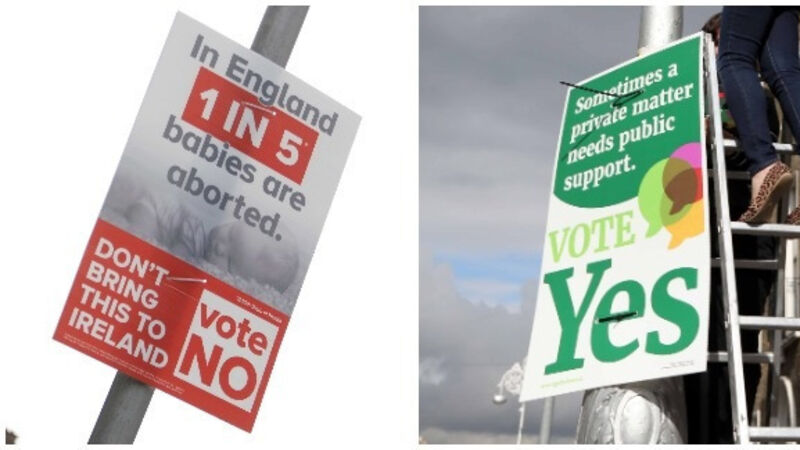Law of the land must remain supreme

The referendum to remove the Eighth Amendment to the Constitution may have passed by a substantial majority, but the debate on abortion is far from over.
The declaration by the Irish Catholic bishops, as set out in a document titled ‘Code of Ethical Standards for Healthcare’, to refuse to offer abortion and other services in public hospitals that they control is a worrying development that brings the hierarchy into direct conflict with the Government as preparations continue to put into legislation the outcome of the May referendum.
















